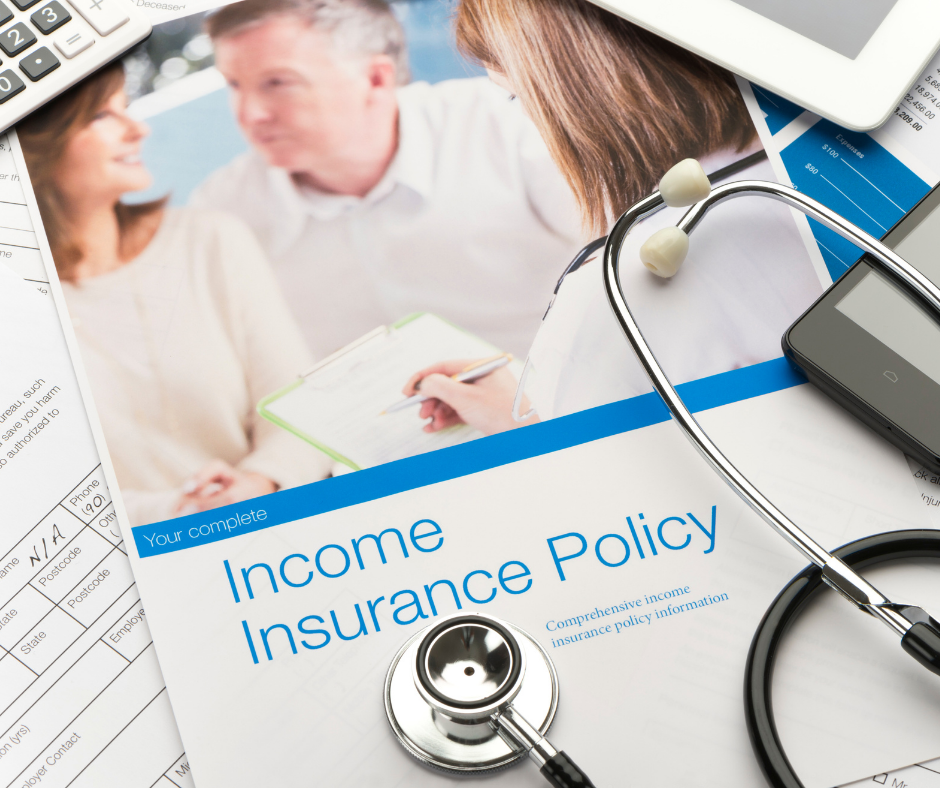Income Insurance Scheme - Lets Dive in
The Government’s proposed Income Insurance Scheme – sounds like a good idea, right? But will it give you a better outcome?
The reason behind this proposed scheme is to address the issues around the COVID pandemic and natural disasters New Zealand has faced over the last two years, where the Government helped support employers & employees with the wage subsidies & business loan schemes.
In New Zealand, every year more than 100,000 New Zealanders are made redundant, laid off, or must stop working because of a health condition or disability. This has forced the Government to look at how this can be addressed in the future, which has led to the proposed Income Insurance Scheme.
The proposed legislation was introduced by the Labour Government in 2022 with an intention for this system to apply from late in 2023.
The scheme would be administered by ACC & would address such events such as redundancies, natural disasters, pandemics, changes to the economy due to technology & industries that will be changed directly from climate change – which will inevitably lead to job losses or the need to retrain into another sector.
It would give workers 80% of their income for 7 months - if you were to lose your job through no fault of your own.
Let’s break down the proposal; The Employer would pay the employee notice period - an initial payment (or bridging payment) at 80% of normal earnings to cover 4 weeks of ordinary salary/wages. Should that ex-employee gain new employment during that 4-week period, then the Employer would receive a partial refund through the scheme. As a wage earner, should you not be able to work for health or disability reasons, find new employment or training, the insurance scheme would then kick in after those 4 weeks, for a period of 6 months covering 80% of your salary/wages. This time would allow wage earners time to plan ahead or make lifestyle changes to compensate for the job loss/loss of income.
The proposal would be a maximum salary cover of $130,911.00 p.a. This would be funded by an estimated 1.39% levy increase on salary/wages paid by both the employer & employee which would be a combined levy of $2.78%.
The proposal needs some more definitions or clearer rulings, but a few points to note are:
- Allows one 6-month entitlement every 18 months.
- The scheme payments would be treated as other welfare payments.
- There would be no asset testing or family income testing.
- You must be a New Zealand citizen or resident.
- Full time & part time employees, self-employed*, casual, fixed term and seasonal workers are required to contribute.
- Self-employment* is going to be a tough one to navigate in the scheme due to ‘gaming the system’ – so this could potentially be excluded?
Which leads to the next series of questions:
- Does ACC & the private insurance sector have some redundancies?
- Would payments be taxable?
- Do other subsidies have a knock-on effect from this?
- If you are still working & receiving superannuation would this, also be jointly affected?
- Will workers still be eligible for parental leave?
- Does working more than one job become effected for eligibility for cover under the scheme?
- Will this scheme cover self-employed or shareholder employees?
- Why are these costs being pushed back onto the wage earners & business owners?
It is likely to have little to no benefit for low-income employees or those on the unemployment benefit. Of course, there will be eligibility criteria for the scheme just like any other Government welfare system. The insurance industry is likely going to have to adapt quickly once this scheme in in effect – that is a certainty!
There are simmering questions in the backend of this how this scheme will work & what fishhooks might yet be discovered - food for thought right?!

